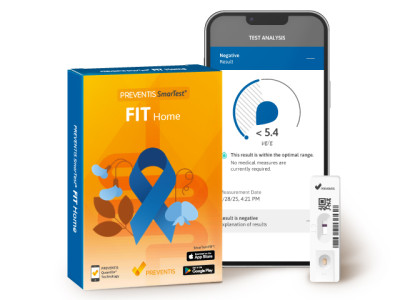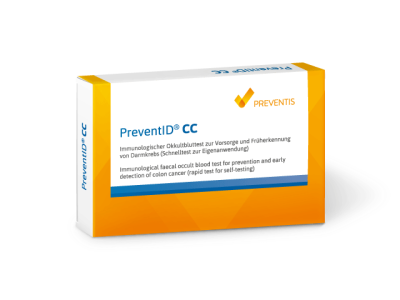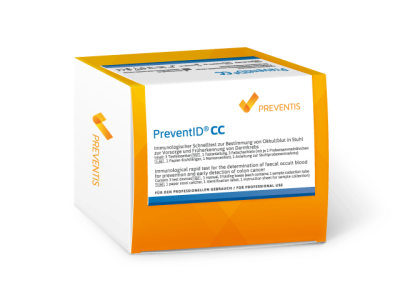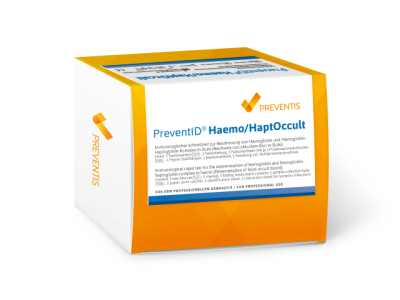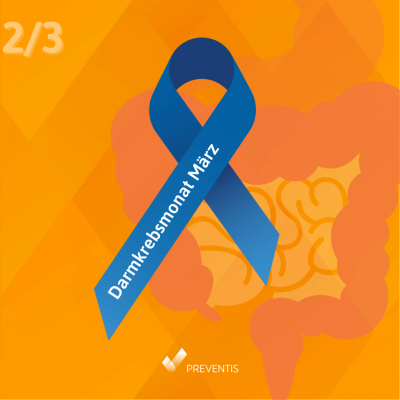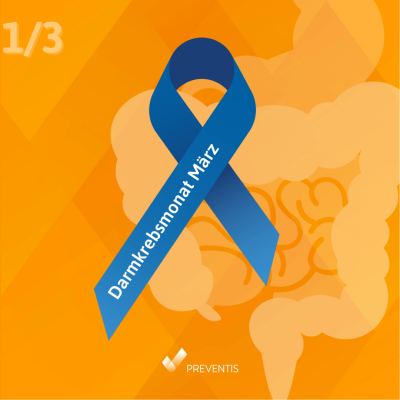Colorectal cancer is one of the most common cancers worldwide and represents a significant health challenge. However, early detection of colorectal cancer can significantly improve treatment outcomes and increase survival rates. In this article, we explain why early detection is so important and how it can save lives.
Early detection of colorectal cancer: why is it important?
Screening for bowel cancer has two main aims: to identify and remove polyps before they become cancerous, and to diagnose cancer at an early stage when treatment is most effective. Studies have shown that regular participation in screening programmes can significantly reduce the mortality rate from colorectal cancer.
Colorectal cancer often starts as a non-cancerous polyp in the colon that can develop into cancer over time. Screening procedures such as colonoscopy can detect these polyps early and remove them before they have a chance to develop into cancer.
Recommendation for colon cancer early detection
Experts recommend that men and women should take part in regular screening programmes from a certain age (often from the age of 50, in some cases from the age of 45). The exact recommendations may vary depending on individual risk and country guidelines. Individuals with an increased risk of colorectal cancer, for example due to a family history, may be encouraged to participate in screening programmes earlier and/or more frequently, starting at age 40.
It is important that the decision for specific screening measures is made in consultation with a doctor to consider individual risk and personal health history.¹ ²
Methods of early detection
A key aspect of early detection of colorectal cancer is screening. Screening programmes aim to detect cancer or precancerous lesions before symptoms appear. Another important factor is raising awareness among the population about risk factors, symptoms and the importance of screening programmes. Educational initiatives and public health campaigns play a crucial role in encouraging people to participate in screening programmes. Increased awareness and knowledge about colorectal cancer and its prevention can positively influence screening behaviour and attendance.³ ⁴ ⁵
There are different methods for screening for colorectal cancer. Currently recommended methods include colonoscopy, CT colonography (virtual colonoscopy), flexible sigmoidoscopy and iFOBT, a stool-based rapid test. Each of these methods has its own advantages and disadvantages as well as different recommendations regarding the frequency with which they should be performed.
- Colonoscopy: Colonoscopy is considered one of the most effective screening methods as it allows direct visualisation of the entire colon and can identify polyps or cancer with a detection rate of up to 70%. Polyps can be removed during the examination, which is an important advantage as it can prevent the development of cancer. However, bowel preparation is required for the procedure and the procedure may require sedation.
- CT colonography (virtual colonoscopy): This method uses CT scans to create images of the colon. It also requires bowel preparation, but no sedation. If polyps are detected, a conventional colonoscopy is then required. CT colonography cannot perform a biopsy or remove polyps during the procedure.
- Flexible sigmoidoscopy: This examination is similar to colonoscopy, but only looks at the left part of the colon. It can evaluate conditions such as ulcerative colitis and detect polyps on the left side, but for a comprehensive evaluation of the entire colon, a colonoscopy is preferable.
- Stool-based tests: These include the faecal immunochemical test (FIT), which tests for hidden blood in the stool and can detect early stages of cancer as well as large, advanced polyps, and the stool DNA test, which looks for abnormal DNA associated with polyps and colon cancer. These tests can be done in the comfort of your own home, require no special preparation or diet, and allow people to continue their normal activities without interruption. However, a positive test requires a follow-up colonoscopy for further investigation.⁶ ⁷
It has been scientifically proven that regular screening can significantly reduce colorectal cancer mortality. The effectiveness of FIT is cited as a cost-effective and patient-friendly screening method that can increase screening participation rates.⁸ ⁹
In addition, the development and integration of new technologies, such as genetic tests and biomarker-based screening tests, has the potential to further improve the efficiency of early detection. These technologies can help to create individual risk profiles and develop personalised screening programmes that increase the effectiveness of screening while reducing unnecessary interventions.
Challenges and solutions
Despite the proven benefits of screening, not all eligible individuals participate in screening programmes. There are often small reasons that stand in the way of adequate screening and therefore screening that can save lives. Many people are unaware that there are less invasive tests that can be carried out at home in addition to colonoscopy. This lack of knowledge can lead to fear of pain or discomfort, which discourages them from participating. Some mistakenly believe that they are not at risk for colorectal cancer, especially if they have no family history of the disease. They think screening is only necessary for people with symptoms or a family history of colorectal cancer. The perceived complexity of screening and the inconvenience, including the need to take time off work, organise transport to screening and prepare for screening, are also significant barriers. Lastly, many people put off screening or avoid it altogether, often due to procrastination or because they don't see it as a priority. Some find handling the test kit, especially faecal tests, uncomfortable or disgusting.
These findings highlight the need to increase education and outreach programmes to improve awareness and understanding of the importance of bowel cancer screening and the screening options available. It is equally important to address barriers to access, for example by increasing insurance coverage and simplifying processes to facilitate participation.¹⁰ ¹¹
Conclusion
Early detection of colorectal cancer plays a crucial role in the fight against this disease. Regular screening tests can detect and treat precancerous lesions in time and diagnose cancers at an early, treatable stage. We encourage everyone to find out about early detection and take advantage of the screening options available, because early detection of bowel cancer can save lives.

